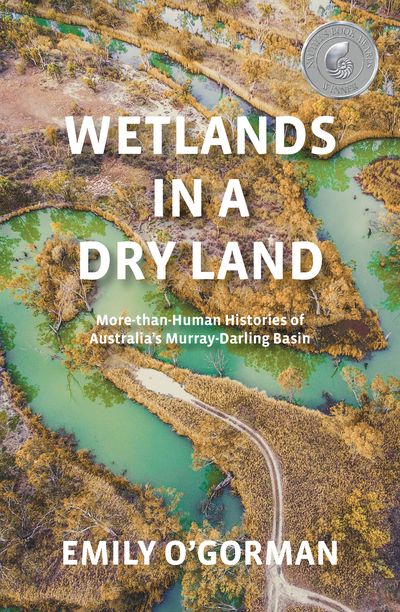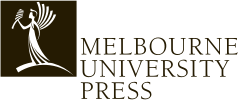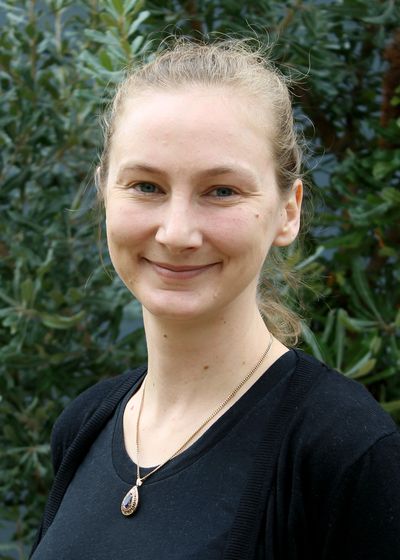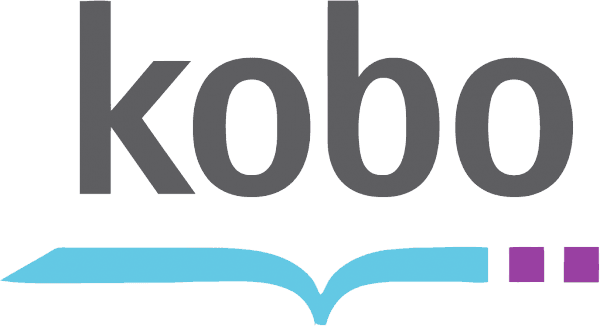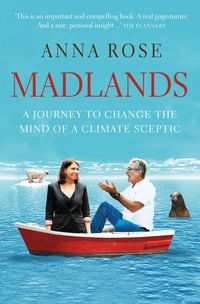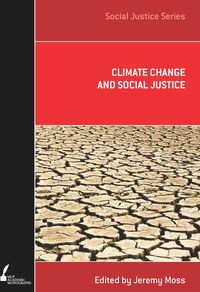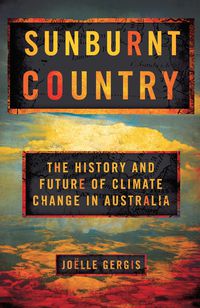Wetlands in a Dry Land
More-than-Human Histories of Australia’s Murray-Darling Basin
Emily O'Gorman
Ebook
Out of stock
$25.99
$25.99
$25.99
$25.99
$25.99
$25.99
$25.99
$25.99
$25.99
$25.99
$25.99
Member discount
As an MUP member you get 40% off the RRP of all print books.
Member discount
As an MUP member you get 40% off the RRP of all print books.
Member discount
As an MUP member you get 100% off the RRP of all print books.
Member discount
As an MUP member you get 25% off the RRP of all print books.
Member discount
As an MUP member you get 25% off the RRP of all print books.
Member discount
As an MUP member you get 25% off the RRP of all print books.
Member discount
As an MUP member you get 40% off the RRP of all print books.
Member discount
As an MUP member you get 10% off the RRP of all print books.
Member discount
As an MUP member you get 35% off the RRP of all print books.
Member discount
As an MUP member you get 40% off the RRP of all print books.
Wetlands in a Dry Land
More-than-Human Histories of Australia’s Murray-Darling Basin
Emily O'Gorman
How have people and wetlands shaped each other in Australia's Murray-Darling Basin?
What counts as a wetland, especially in Australia, the driest inhabited continent on earth
In the name of agriculture, urban growth and disease control, humans have drained, filled or otherwise destroyed nearly 87 percent of the world's wetlands over the past three centuries. Only recently have wetlands been widely recognised as worth preserving for their diverse plants, animals, insects, and their human histories.
Examining Australia's own Murray-Darling Basin, environmental historian Emily O'Gorman shows how people and animals have shaped wetlands since the late nineteenth century. O'Gorman draws on archival research and original interviews to illuminate how Aboriginal peoples acted then and now as custodians of the landscape, how the movements of water birds affected farmers and how mosquitoes have defied efforts to fully understand, let alone control, them.
Situating Australia's history within global environmental humanities conversations, O'Gorman argues that we need to understand wetlands as socioecological landscapes that transcend the…
What counts as a wetland, especially in Australia, the driest inhabited continent on earth?
In the name of agriculture, urban growth and disease control, humans have drained, filled or otherwise destroyed nearly 87 percent of the world's wetlands over the past three centuries. Only recently have wetlands been widely recognised as worth preserving for their diverse plants, animals, insects, and their human histories.
Examining Australia's own Murray-Darling Basin, environmental historian Emily O'Gorman shows how people and animals have shaped wetlands since the late nineteenth century. O'Gorman draws on archival research and original interviews to illuminate how Aboriginal peoples acted then and now as custodians of the landscape, how the movements of water birds affected farmers and how mosquitoes have defied efforts to fully understand, let alone control, them.
Situating Australia's history within global environmental humanities conversations, O'Gorman argues that we need to understand wetlands as socioecological landscapes that transcend the nature-culture divide and to embrace non-Western ways of knowing and being. Only then can we begin to create sustainable relationships with, and futures for, the wetlands.
“
Written with a deep compassion for the sites at the centre of her study, Wetlands in a Dry Land sheds new light on a highly contested space...O’Gorman gifts an impressive template for what more-than-human histories in Australia can look like.”
Australian Book Review “
Each chapter is effectively a case study that helps to illustrate aspects of the rapid changes that wetlands in the basin have experienced in the last 200 years...Emily O’Gorman has made an important contribution to a complex issue.”
Queensland Reviewers CollectiveEbook
Out of stock
$25.99
$25.99
$25.99
$25.99
$25.99
$25.99
$25.99
$25.99
$25.99
$25.99
$25.99
Member discount
As an MUP member you get 40% off the RRP of all print books.
Member discount
As an MUP member you get 40% off the RRP of all print books.
Member discount
As an MUP member you get 100% off the RRP of all print books.
Member discount
As an MUP member you get 25% off the RRP of all print books.
Member discount
As an MUP member you get 25% off the RRP of all print books.
Member discount
As an MUP member you get 25% off the RRP of all print books.
Member discount
As an MUP member you get 40% off the RRP of all print books.
Member discount
As an MUP member you get 10% off the RRP of all print books.
Member discount
As an MUP member you get 35% off the RRP of all print books.
Member discount
As an MUP member you get 40% off the RRP of all print books.
